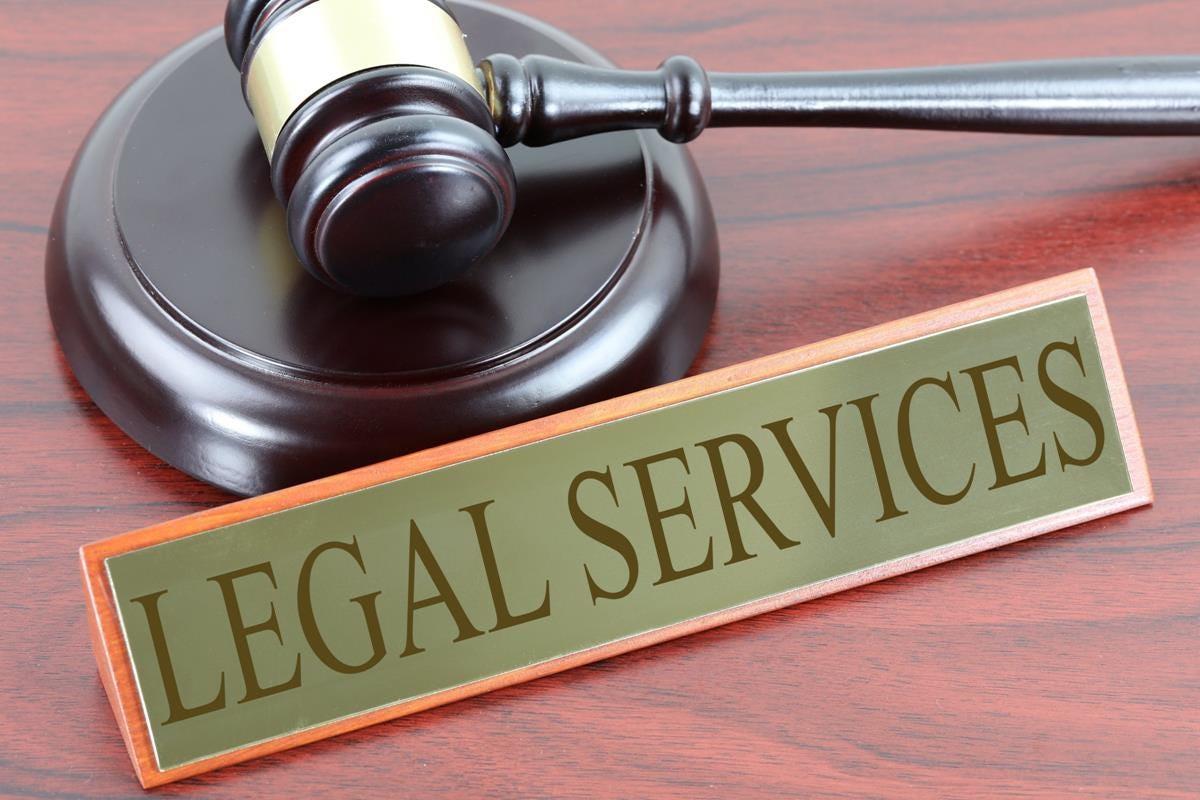As the saying goes, “death and taxes are inevitable.” However, when it comes to passing on your assets to your loved ones, is there a way to minimize the heavy burden of inheritance tax? One popular tactic that some individuals consider is transferring their house into their children’s name. But before you embark on this strategy, it’s important to understand the potential consequences and implications involved. So, can you put your house in your children’s name to avoid inheritance tax? Let’s delve into this complex issue and uncover the truths behind this age-old question.
Understanding Inheritance Tax and its Implications
When it comes to estate planning and avoiding inheritance tax, it may seem like a good idea to transfer your house into your children’s names. However, this strategy may not be as effective as you think. In most cases, simply transferring ownership of your property to your children does not eliminate the estate tax burden.
One important thing to consider is the gift tax implications of transferring your house to your children. The IRS imposes gift taxes on transfers of property that exceed a certain threshold. Additionally, if you transfer your house to your children and continue to live in it, the property may still be considered part of your estate for tax purposes. It is important to consult with a tax professional or estate planning attorney to fully understand the implications of transferring your property to your children in order to minimize your inheritance tax liability.

Legal Considerations when Transferring Property to Children
Before transferring your property to your children to avoid inheritance tax, it’s crucial to consider the legal implications involved. One important consideration is the potential tax consequences of such a transfer. Depending on various factors, including the value of the property and local tax laws, there may still be tax obligations to be met.
Additionally, transferring your property to your children could result in a loss of control over the property. Once the property is in their names, your children would have legal ownership and the ability to make decisions about the property without your input. It’s important to carefully weigh the benefits and drawbacks of transferring your property before making any decisions.

Alternatives to Transferring Home Ownership for Tax Planning
While transferring home ownership to your children may seem like a simple solution to avoid inheritance tax, there are several alternatives that can achieve the same goal without the potential drawbacks. One option is setting up a trust, which allows you to transfer ownership of your property to the trust while still retaining control over it. This can help reduce your taxable estate while providing flexibility and protection for your assets.
Another alternative is gifting your property to your children over time. By taking advantage of the annual gift tax exclusion, you can gradually transfer ownership of your home without triggering gift taxes. Additionally, you can consider making use of estate planning tools such as life insurance policies or charitable giving strategies to minimize your tax liability while still ensuring your property is passed on to your heirs. Consulting with a financial advisor or estate planning expert can help you explore these alternatives and determine the best approach for your specific situation.

Consulting with a Financial Advisor for Personalized Guidance
When considering ways to avoid inheritance tax, it’s important to consult with a financial advisor to ensure you are making informed decisions. Putting your house in your children’s name may seem like a tempting option, but there are several factors to consider before taking this step.
Here are some reasons why consulting with a financial advisor is crucial when contemplating this strategy:
- Legal Implications: Transferring ownership of your house to your children could have legal consequences that you may not be aware of.
- Impact on Taxes: There may be tax implications associated with transferring ownership of your property that could end up costing you more in the long run.
- Overall Financial Plan: A financial advisor can help assess your overall financial situation and provide personalized guidance to ensure your estate planning aligns with your long-term goals.
To Conclude
In conclusion, while it may seem like a logical solution to avoid inheritance tax by putting your house in your children’s name, it is important to consider all the potential risks and consequences involved. Consult with a financial advisor or estate planning professional to explore all available options and ensure that your assets are protected and distributed in a way that aligns with your wishes. Remember, every situation is unique and requires careful consideration before making any decisions.






